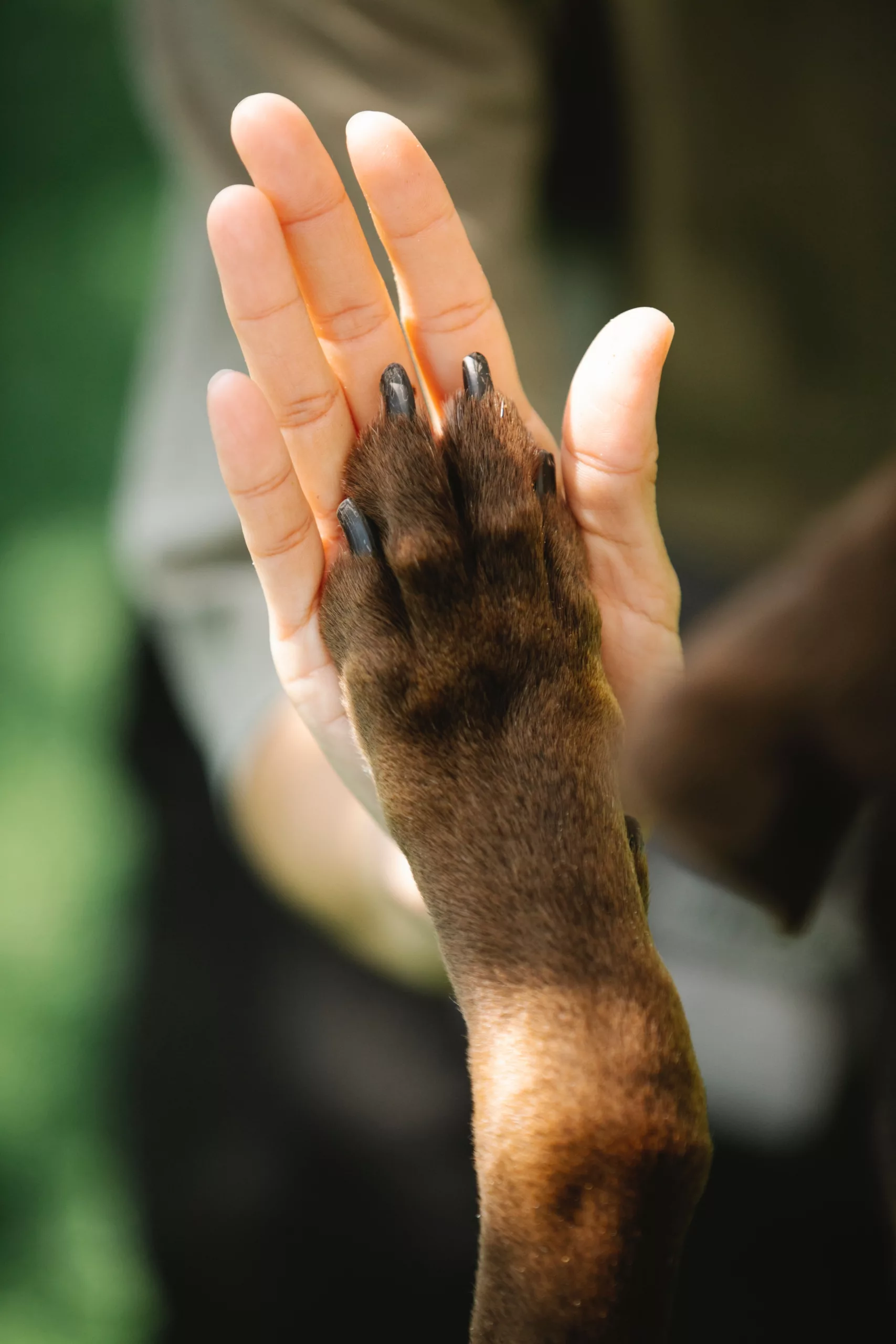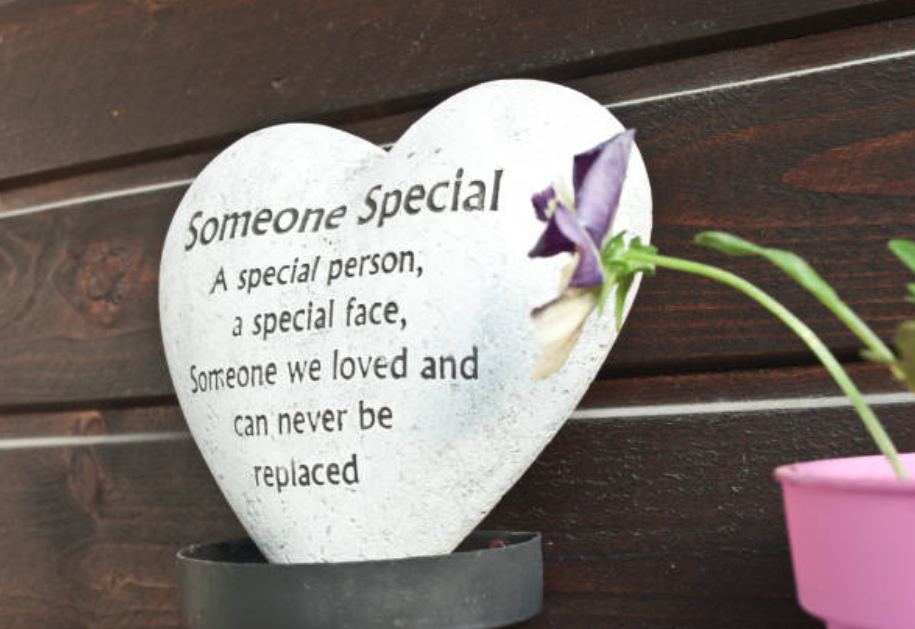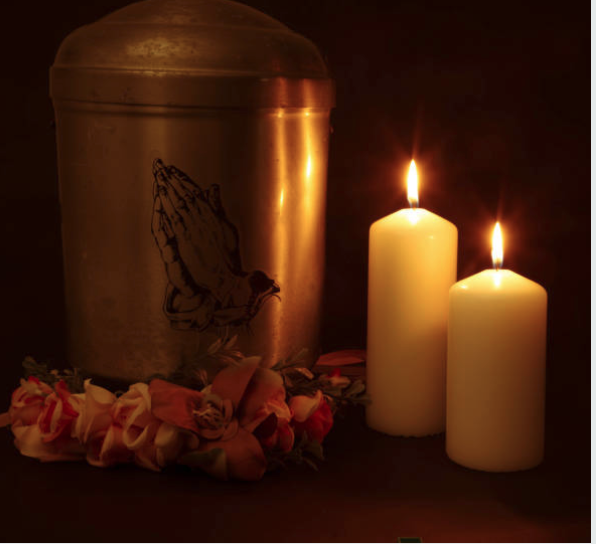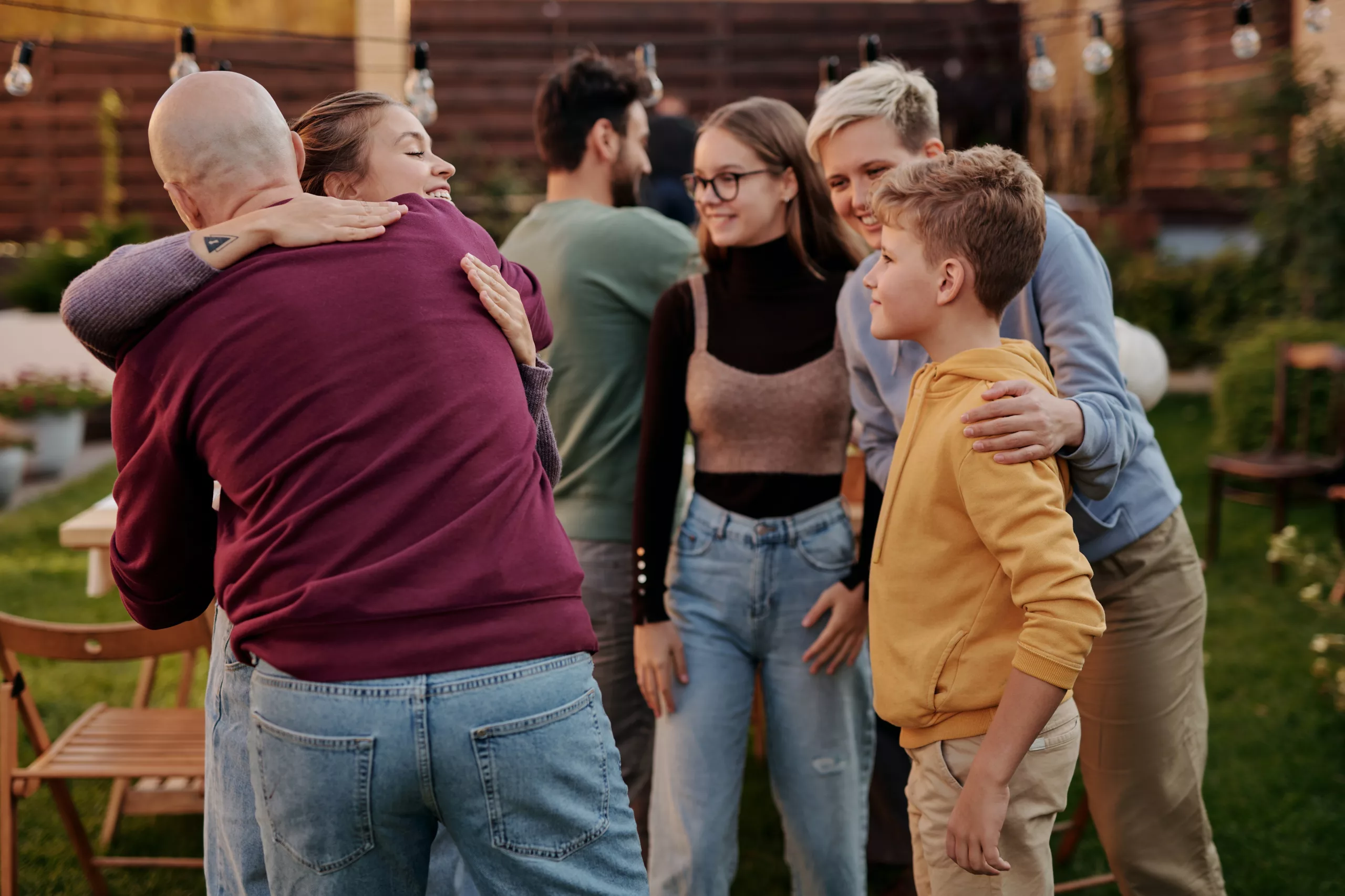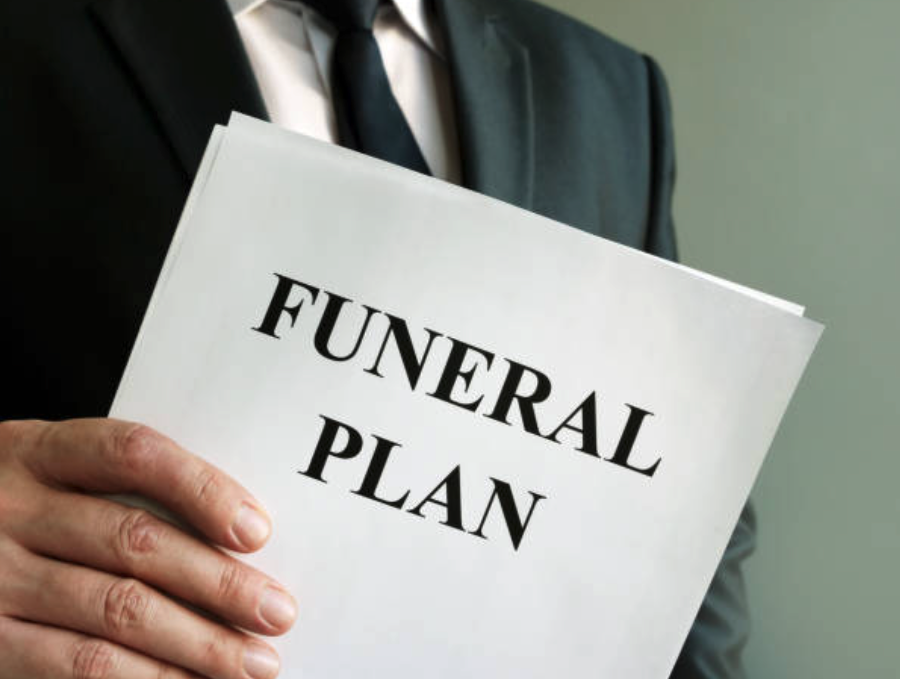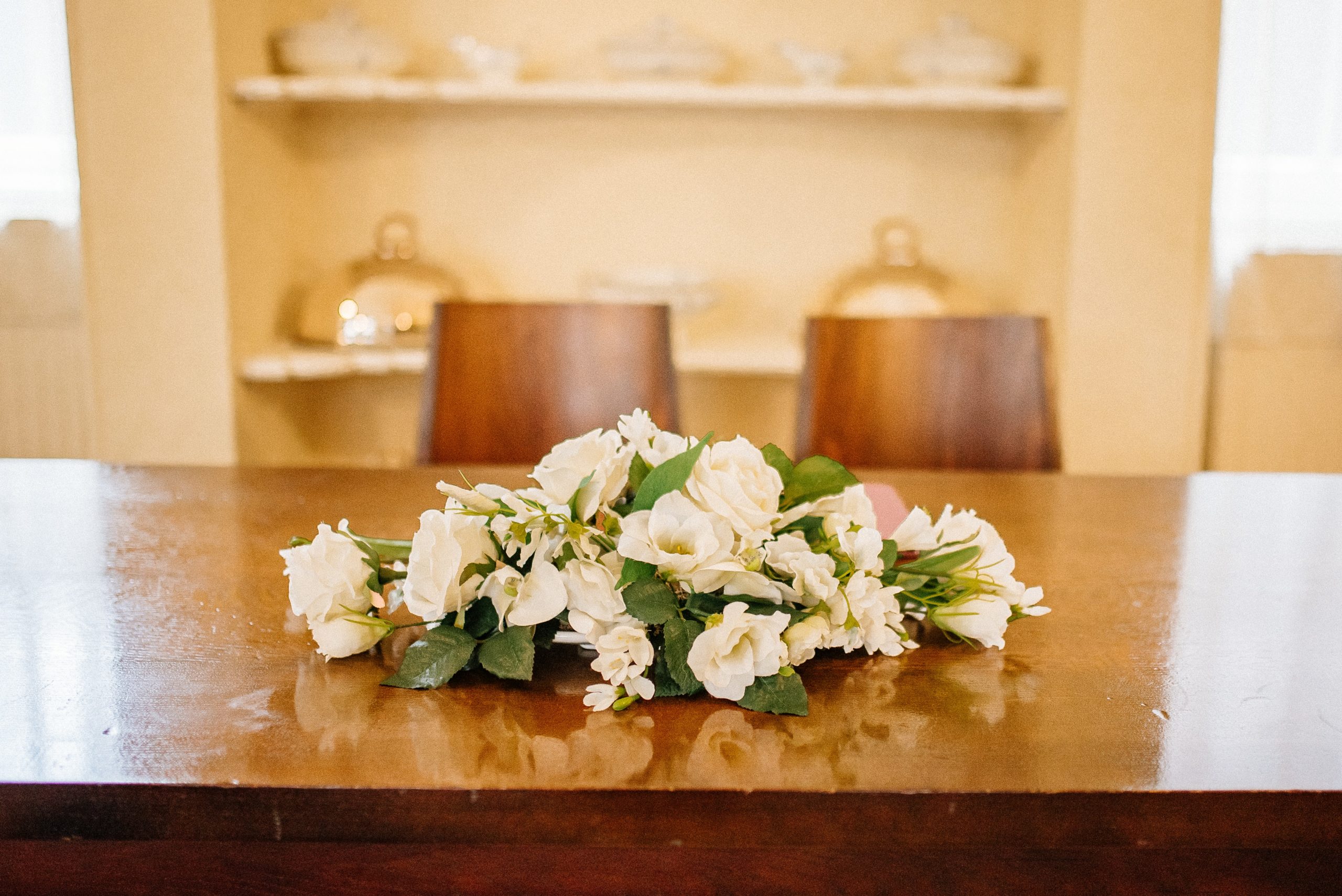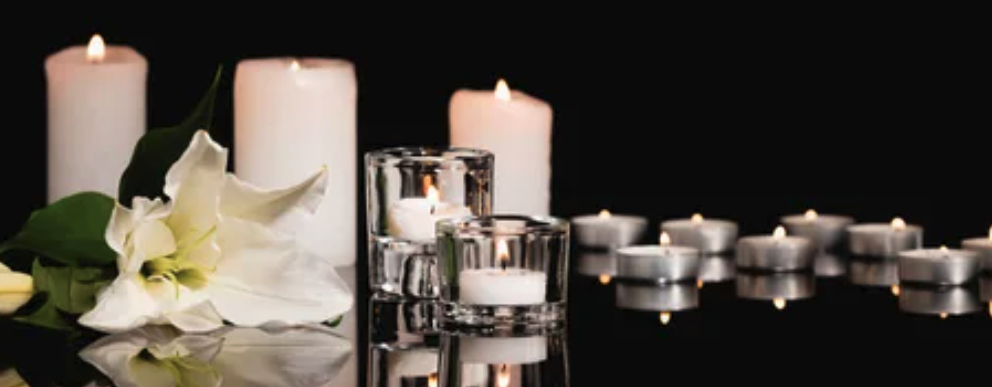Pets hold a special place in our hearts, becoming cherished members of our families and providing unwavering love and companionship. When the time comes to bid farewell to our beloved furry friends, pet funerals offer a meaningful and comforting way to honour their memory. Just like human funerals, these ceremonies provide an opportunity for closure, remembrance, and healing for those left behind.
The Bond with Our Pets
The bond between humans and pets is a unique and profound connection. Pets offer unconditional love, loyalty, and emotional support, enriching our lives in countless ways. As we share our homes and hearts with these loving creatures, they become integral parts of our families, forging a bond that transcends the boundaries of species.
The Grief of Losing a Pet
Losing a pet can be a profoundly emotional experience, and the grief experienced is often profound. For many pet owners, their furry friends are like confidants, offering comfort during difficult times and celebrating life’s joys with exuberance. Losing a pet leaves a void in our lives, and the grieving process can be complex and challenging.
The Importance of Pet Funerals
Pet funerals allow pet owners to express their grief openly and honour their loyal companions’ memory. These ceremonies offer a sense of closure, allowing individuals to acknowledge the loss’s reality and begin the healing process. Just as we honour the passing of humans through funerals, pet funerals recognise the significance of our pets’ lives and their impact on us.
A Celebration of Life and Love
Pet funerals celebrate the life and love shared with our beloved companions. These ceremonies focus on the joy and happiness our pets brought into our lives, the special moments shared, and the memories that will forever live on in our hearts. Through eulogies, stories, and shared experiences, pet owners can cherish their furry friends’ unique qualities and antics.
Finding Support in Community
Like human funerals, pet funerals provide a space for pet owners to unite as a community of mourners. Friends and family who have also experienced the loss of a pet can offer support and understanding during this difficult time. The empathy and shared love for pets foster a sense of unity, reminding pet owners that they are not alone in their grief.
Honouring the Role of Pets in Our Lives
Pet funerals acknowledge the significant roles pets play in our lives. They are more than just animals; they are confidants, playmates, and sources of comfort. These ceremonies validate the strong emotional bonds we form with our pets and their impact on our well-being.
A Final Farewell with Love
Pet funerals offer a final opportunity to say goodbye to our beloved companions with love and gratitude. Through these ceremonies, pet owners can find closure and peace in knowing their pets were cherished and adored until the end.
Pet funerals hold a special place in our hearts, allowing us to grieve, remember, and honour the lives of our furry friends who brought so much joy and love into our lives. These ceremonies provide a space for healing, closure, and shared support, affirming the significance of the bond between humans and their pets. As we say our final farewells, we celebrate the enduring legacy of love that our pets leave behind, forever remembered and cherished in our hearts.


